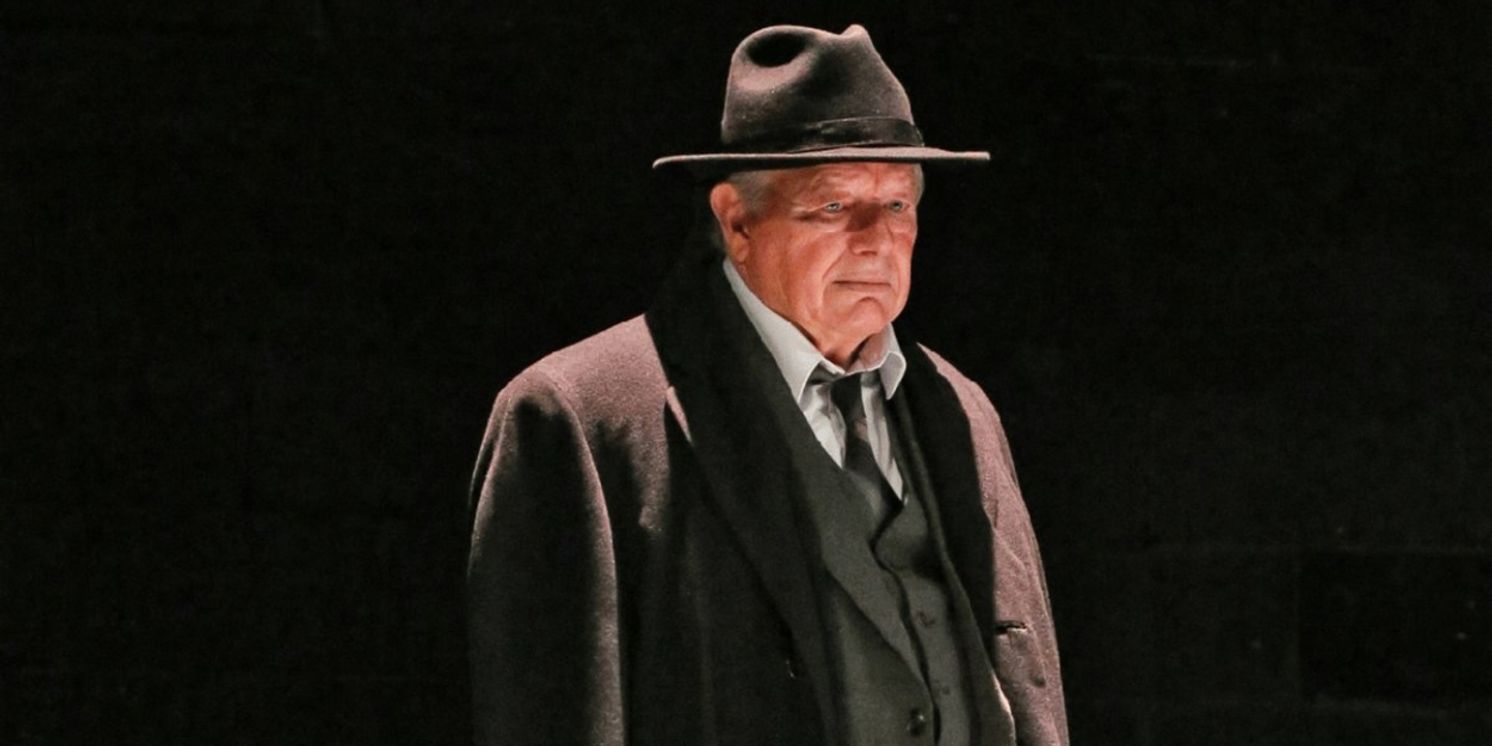Arthur Miller's DEATH OF A SALESMAN to Open This Month at Palm Beach Dramaworks
The production will run through April 14.

In his wonderful memoir Timebends, playwright Arthur Miller recalled a meeting with actor Lee J. Cobb a week before rehearsals were to begin for what would become his seminal play, Death of a Salesman. Cobb, who had been cast as Willy Loman, the broken-down salesman in futile pursuit of a skewed American Dream, turned to Miller and said, “You know – or do you? – that this play is a watershed. The American theatre will never be the same.”
Cobb was prophetic. Following the play’s opening on February 10, 1949, the critic for the New York Herald-Tribune wrote, “Death of a Salesman is a play to make history.” In The New York Times, Brooks Atkinson said, “By common consent, this is one of the finest dramas in the whole range of the American theatre.” The play went on to win the Pulitzer Prize for Drama.
Seventy-five years later, this timeless play takes the stage at Palm Beach Dramaworks, opening on March 29 (7:30pm) and continuing through April 14, with specially priced previews on March 27 and 28.
J. Barry Lewis directs.
Please note that all evening performances of Death of a Salesman begin at 7:30pm.
Throughout theatre history tragic heroes had been members of the nobility, like Hamlet, Macbeth, King Lear, Othello, and Oedipus Rex. But Miller had a novel idea: a common man – an ordinary American instantly recognizable and relatable to the audience – as tragic hero. Willy Loman is a dime a dozen, disappointed, disillusioned, and delusional traveling salesman with a skewed vision of the American Dream. A few weeks after the play opened, Miller wrote an essay in The New York Times explaining why this man who had failed as a husband, a father, and a wage earner, deserved to be recognized in such lofty terms as tragic hero. “I think the tragic feeling is evoked in us when we are in the presence of a character who is ready to lay down his life, if need be, to secure one thing – his sense of personal dignity.” He concluded the essay with these words: “It is time, I think, that we who are without kings, took up this bright thread of our history and followed it to the only place it can possibly lead in our time – the heart and spirit of the average man.”
Death of a Salesman previewed in Philadelphia, and in his memoir, Miller recalled what happened after the curtain came down on the first performance. “Some people stood to put their coats on and then sat again, some, especially men, were bent forward covering their faces, and others were openly weeping. . . . It seemed forever before someone remembered to applaud, and then there was no end to it.” That reception would continue during the show’s Broadway run.
PBD’s production features Rob Donohoe as Willy Loman; Helena Ruoti (PBD debut) as his wife, Linda; Michael Shenefelt (PBD debut) as his son, Biff; Ty Fanning (PBD debut) as his son, Happy; and, in alphabetical order, Nathalie Andrade, Harrison Bryan, John Campagnuolo, William Hayes, Hannah Hayley (PBD debut), Matthew W. Korinko, Tom Wahl, and Gracie Winchester. Scenic design is by Anne Mundell; video design is by Adam J. Thompson, PBD’s newly appointed resident projection designer; costume design is by Brian O’Keefe; lighting design is by Kirk Bookman; and sound design is by Roger Arnold.
Arthur Miller
was one of the greatest playwrights of the twentieth century. Born in New York City (1915), he worked several jobs after high school to earn enough money to attend college. He studied at the University of Michigan, where he began writing plays. Miller made it to Broadway in 1944 with The Man Who Had All the Luck – which closed after four performances. But he returned in 1947 with All My Sons, which launched his career and earned him a Tony Award. Death of a Salesman followed in 1949, which won the Pulitzer Prize for Drama and the Tony Award for Best Play. The Crucible (1953), his response to McCarthyism, also received the Tony Award for Best Play. Other plays include A View from the Bridge, A Memory of Two Mondays, After the Fall (a thinly veiled account of his marriage to Marilyn Monroe), Incident at Vichy, The Price, The American Clock, Broken Glass, The Last Yankee, and The Ride Down Mt. Morgan. His films include Let’s Make Love and The Misfits, both of which starred Monroe. Other work includes Focus, a novel; the memoir Timebends; and, with his wife, photographer Inge Morath, the books In the Country, In Russia, Chinese Encounters, and Salesman in Beijing. Miller was inducted into the American Theatre Hall of Fame in 1979 and was the recipient of a Kennedy Center Honor in 1984. He died in Roxbury, Connecticut in 2005.
For more information visit: www.palmbeachdramaworks.com
Videos

